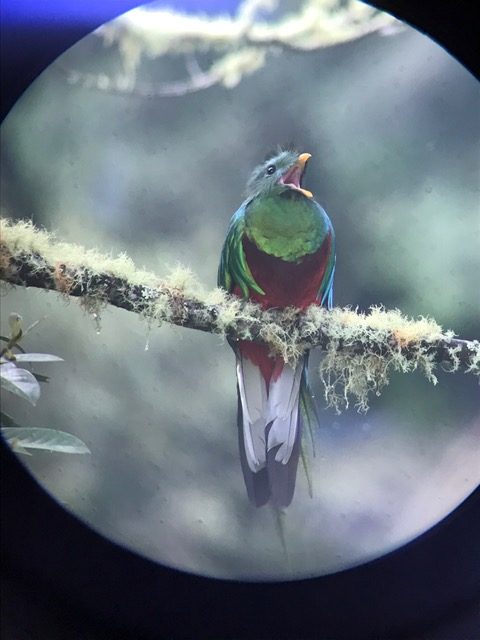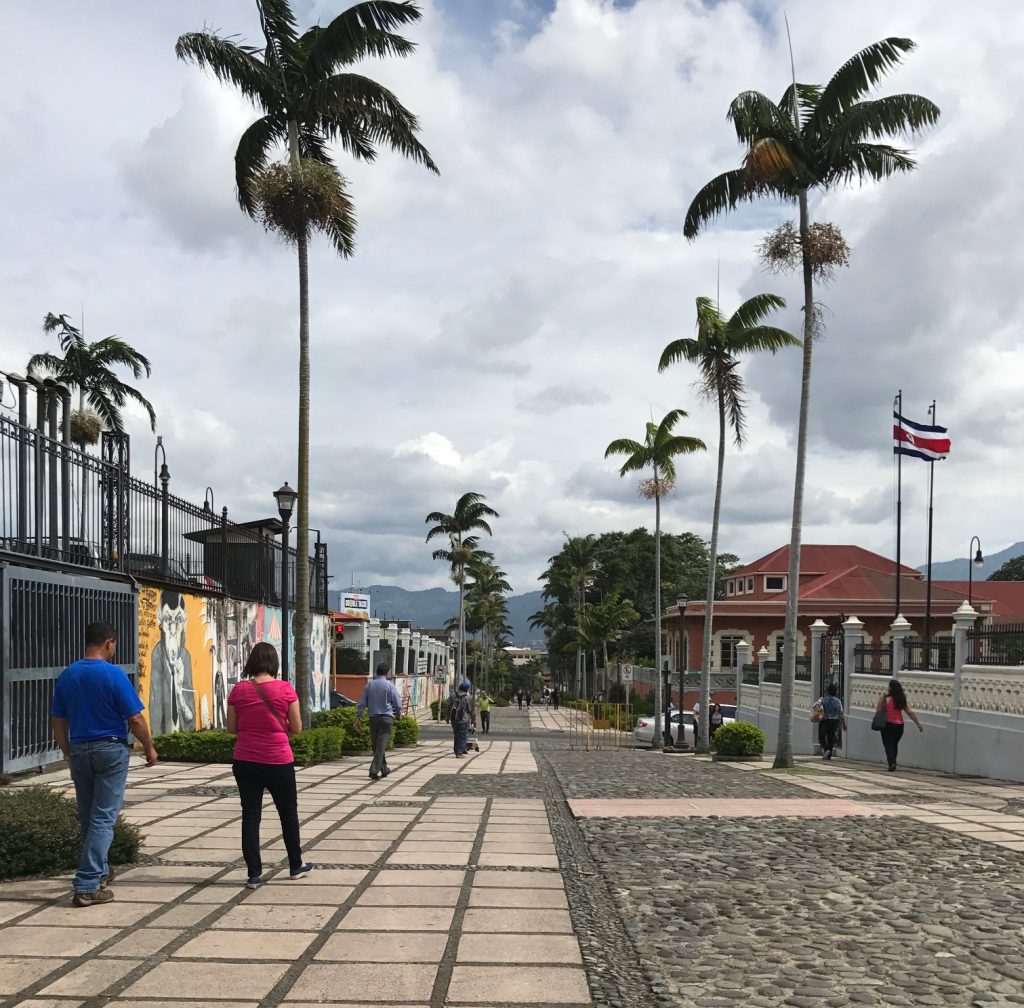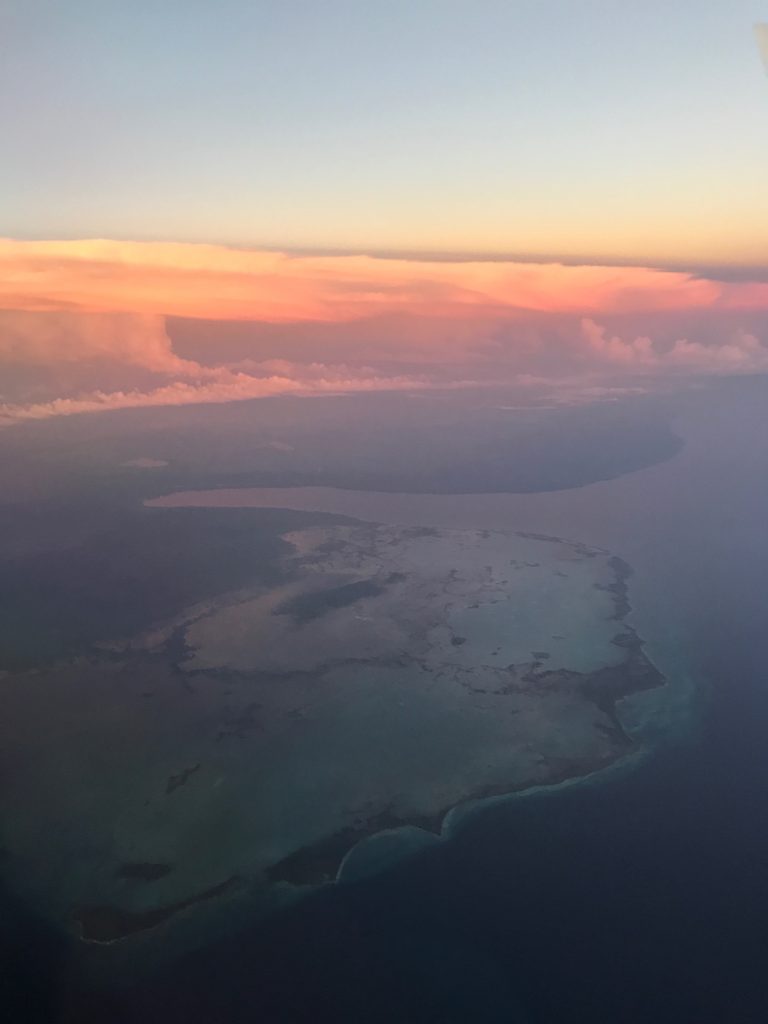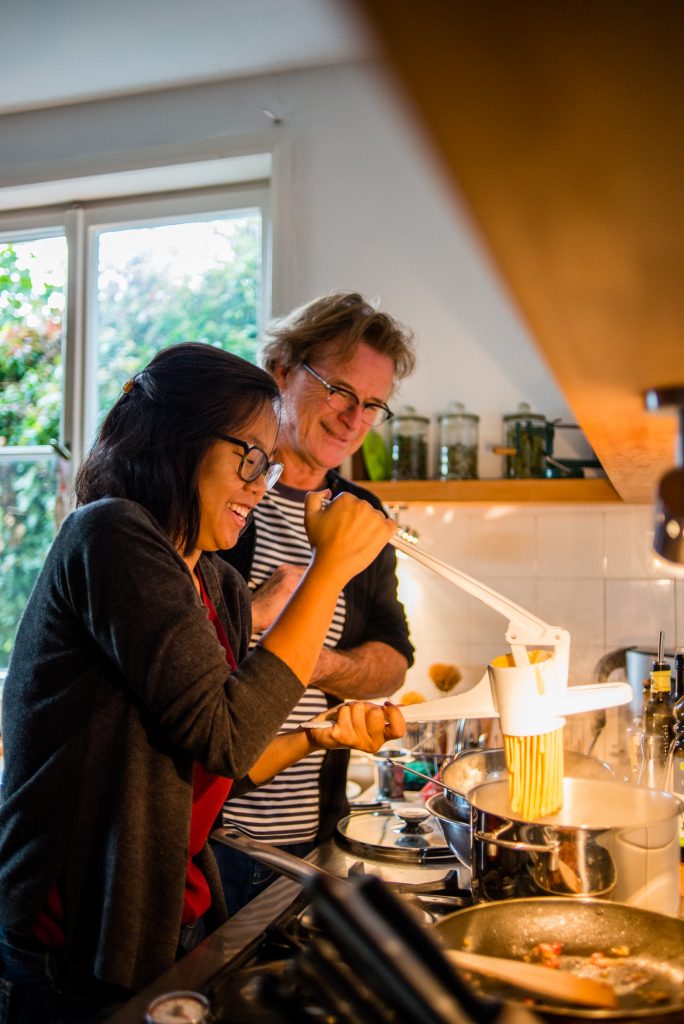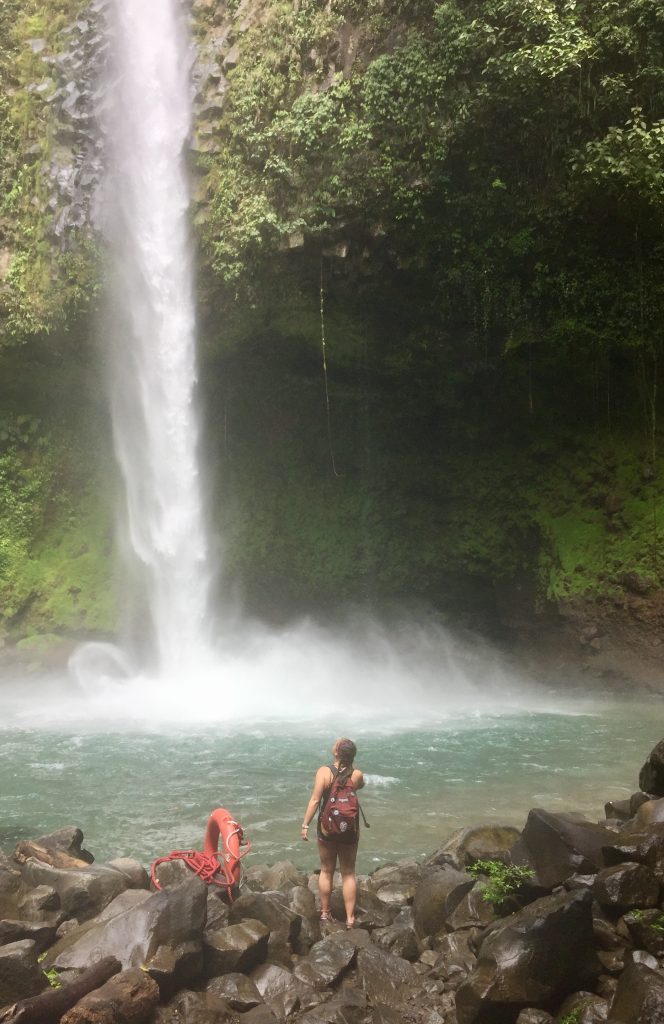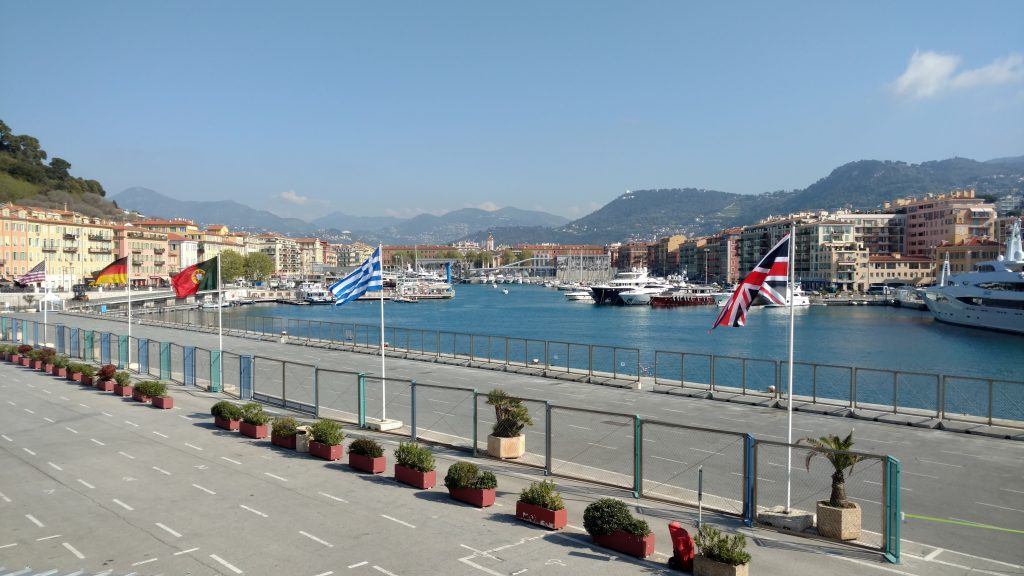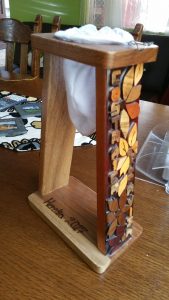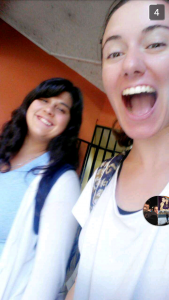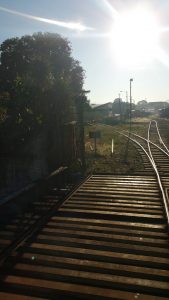Blogger: Kortney Cena
Program: San Jose, Costa Rica – Study Center
When you study abroad, you are thrown out of your comfortable little pillow of friends and family, and you must grow an entirely new community. Your cohort becomes like family, and your host family, even more so.
There are only 3 people in the Valparaiso Costa Rica study abroad program this spring—Erin, John, and I. While I knew Erin before coming here, I had never before met John. After this experience, we have grown close enough to talk about anything together, and we often do talk about anything and everything in order to entertain ourselves during the train or bus rides home each day. We have shared classes, group trips, ice cream stops, and all of that really has been wonderful, but when it comes to bonding there really is something special about being able to talk to people who are going through the same struggles that you are. For example, it is far more satisfying to discuss the language barrier I face with Erin or John than it is with a friend from home, even if it’s just because one of those two can respond by telling me of their own language mistakes! But like we all say, nothing helps you bond like fending off a persistent drunk guy who wants to chat you up on the bus ride home from San Jose. After that experience, we have a greater level of trust and comfort with one another. (Don’t worry, that’s not normal here, that only happened once).
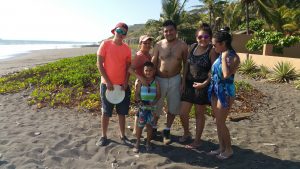
As for my host family, it has been such a humbling experience to receive their love, to learn to relate with them, and to finally grow relationships with them. When I first showed up, I only seemed capable of making messes. They do things differently, and so I didn’t understand how I could help out with anything in the house. And the worst part was I couldn’t even ask about it since my Spanish was at such a low level. But my family loved me anyways and expected nothing from me. Over time I have learned how to fit into the families’ daily schedule and help out here and there. I’ve also gotten more and more able to discuss things with my family, more in-depth things than just the daily necessities. To give you a little taste of the people I am growing to love like family here, here is a little introduction to my host family:
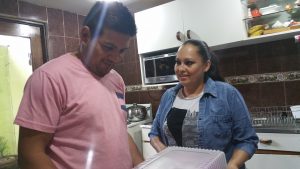
I have a pretty strong connection with mi Máma, Isobel (probably because she feeds me every day). She is both enormously hospitable and also feisty. For example, when I arrived, she made sure to let me know I was welcome by giving me gifts— a butterfly postcard that read “Bienvenidos Kortney!” and a cute little moneybag. But also, when one of her teenage children get out of line, she has been known to chase them out of the kitchen with a large mixing spoon, asking Dios Mio for patience. The special thing we always do together is go to community Zumba classes with a bunch of other women in the neighborhood. She swears that the exercise of Zumba makes you thinner, and she tells everyone who meets me that Zumba is teaching me to dance like a Tica! She also loves to brag about my cooking habits to everyone. She tells people about how I like to cook united-statesian meals for the family sometimes, or how I made my host sister Ashly a coconut chocolate cake for her birthday.
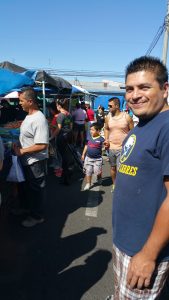
Mi Pápa, Francisco, likes to keep busy. He is always working on some new home project, and yesterday I helped—minimally—while he constructed a new table. Once we discussed how to live a healthy lifestyle, and he explained that taking time to yourself to relax is important for your emotional and physical health since it lowers overall stress. But when I asked how he ever gets time for that, he joked that his personal relaxation time is whenever he is working on refurbishing a new couch. He loves to share things with his family, and sometimes he’ll go on a surprise ice cream trip to bring everyone ice cream!
The oldest son, Kendall (18 yrs old), goes to school some mornings and works some evenings. He is pretty busy, but when he is around the house, he is quite chistoso— he only seems to open his mouth for funny or sarcastic comments! He loves to learn about new cultures, so he enjoys having foreign exchange students living at his house. The company he works for is actually going to be sending him out to the United States for 6 months of training in August, where he will likely learn what it is like to be the extranjero! He also has a talent for baking, and I have to say, his tres leches cake is one of the best baked goods I’ve eaten!
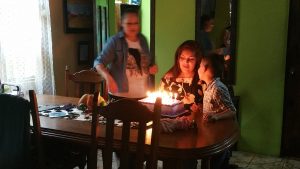
Ashly, my beautiful 15 year old host sister, is kind but feisty (like my host mom) and she has a crazy personality. She has a horde of poor Tico boys who want her attention all the time. She finds school exceedingly boring, and always doodles during the times her school friends get together to do homework together. But it has been cool for me to be able to help her with her English and Math homework whenever she can be motivated to work on them. She loves to listen to popular music, dance like a silly person, and to make you laugh.
And, finally, Ian Santiago (Santi for short) is only 6 years old, and he is my constant companion. He seems to think my second job (other than being a student) is to entertain him! Which, most of the time, I really don’t have a problem with: we watch movies together, give each other pen tattoos, and play with cars. It is also very fun to go to his futbol games, even though he has his head in the clouds and doesn’t really touch the ball much– (last game the only time he touched the ball is when some other kid accidentally kicked it into his face). He is an especially sweet kid and already great with the ladies—he told me (bashfully) about how he has four girlfriends! Apparently, none of them have a problem with his infidelity, and he doesn’t seem too conflicted about it. But I suppose that is relationships in elementary school!
Other than my host family, there are a lot of other unexpected friendships that have bloomed up and grown the community that I have in Costa Rica. I have had good times with people from classes in the University of Costa Rica, have met people from around my neighborhood who come over to hang out with my host family, and have spent considerable time with both Erin’s and John’s host family and their friends. Finally, I didn’t expect to have such fun spending time with the program director/professor Heidi Michelson! Class discussions with her often feel more like friends meeting together and talking about life than a necessary academic activity.
This all goes to show, that you may leave your comfort one and head to a new place where you don’t know anyone, but with time, people come in and fill up your life. It happened when I first headed out to Valparaiso University after high school, and it happened again in Costa Rica. Without these connections and people, I think I would probably be miserable, even in Costa Rica, the most beautiful of places. In fact, I think this is why the first couple of weeks were the hardest, because it was before these relationships had really formed. But being kind, attentive, and interested in the people around you– asking other people questions and then listening to the answers—these are the things that have grown my community. Little by little, people are being added to my family, people from all kinds of different places in the world: Colorado, Indiana, Michigan, Florida, Costa Rica… and all I can do is be so thankful for them all.


